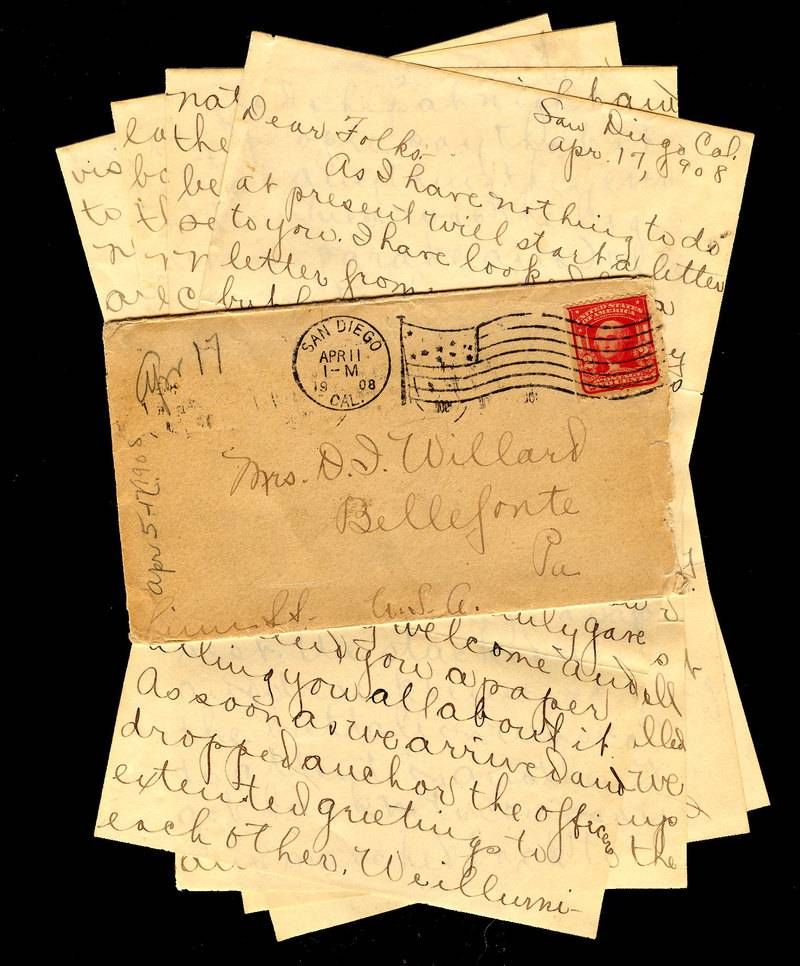
Riot Recommendation: Contemporary Epistolary Novels
I’ve always loved fiction that plays with structure or narrative style to tell the story. I love jumping from past to present, reading stories in the second person, or grappling with unreliable narrators. I love stories with layers to dig through. But recently, I’ve discovered another narrative game that I want to read more: fiction with documentation.
I know this isn’t an especially new storytelling style; I’m hundreds of years late to this particular party. Epistolary novels (novels in letters/documents) have been around for ages. Bram Stoker’s Dracula is told entirely through documents (letters, newspaper articles, ship’s logs, that sort of thing), as is Mary Shelley’s Frankenstein.
But I didn’t realize how much this form plays on all of my literary loves until this year. So far in 2012, I’ve read two books where the author uses fictitious documents to build the world of the story and reveal clues to the reader, and I have loved them to pieces. The Nobodies Album by Carolyn Parkhurst features re-written book chapters that are strategically placed to reveal tidbits about the main character’s past as she solves a mystery about her son.
The Monsters of Templeton by Lauren Groff goes even further, incorporating family trees, letters, newspaper articles and chapters written by characters past and present to build the world of a small town around the main character’s search through her family history for the truth about her father.
I can think of more classics that use the epistolary form, but I’m drawing a blank when it comes to more contemporary fiction. And I really, really want to read some more. Can fellow Book Riot readers help a girl out? What are some of your favorite contemporary epistolary novels?











